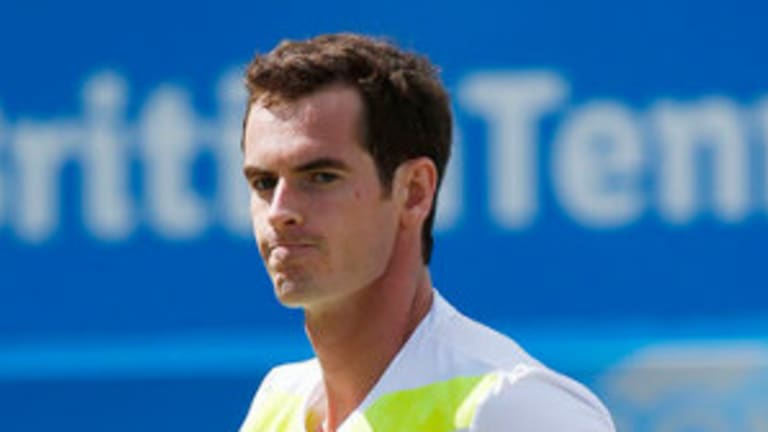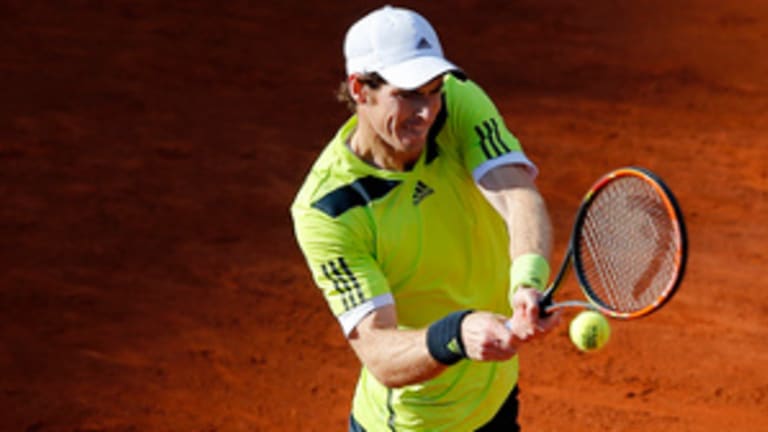Question: What’s the toughest assignment you can give a professional tennis player from the United Kingdom?
You might be right if you rolled your eyes and muttered, “winning Wimbledon.” On the other hand, champions including Pete Sampras have said that the only thing more difficult than winning a major is defending it.
Now, when you factor in the specifics relating to Andy Murray’s accomplishment in SW19 last year—and what he faces in hopes of duplicating it—you might decide that maybe you didn’t snap off the right answer after all.
This year, the balance between blind hope on one side and callous expectation on the other is more evenly struck. Murray won’t be able to surf the emotions of a kingdom dying to slack a thirst built up over 77 years of frustration this time around. And the props that will accrue to a man who might beat Murray are tenfold what they were 12 months ago. The Scot certainly will have a big target on his back next week.
Pressure, much?
The obvious answer to that question is “yes,” but how Murray will react to the stress of his situation is difficult to predict. For in his thoughts and acts, just as in his game, Murray is a rare fellow—an individualist who’s never embraced the conventions that appear to guide the lives and careers of many of his peers.
The most recent example of this was Murray’s decision to hire Amelie Mauresmo as his trial coach for this grass-court season. Forget the fact that Mauresmo is a woman, and that she has only modest coaching experience. The important details are that she struggled with pressure throughout her career, she won the first of her two Grand Slam singles titles at an even later age than Murray did (she was almost 27, Murray was 25), and that she turned in some of her most disappointing performances at her home Slam, the French Open. Even in her career year of 2006, when she won the Australian Open and Wimbledon and reached the U.S. Open semis, she stumbled out of Roland Garros in the fourth round—and never made it that far in Paris again.


